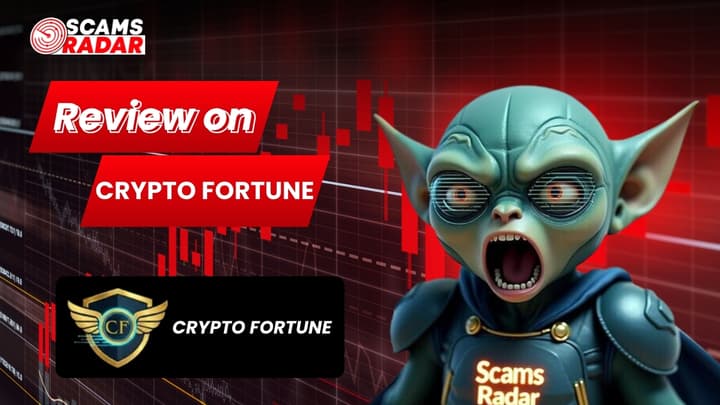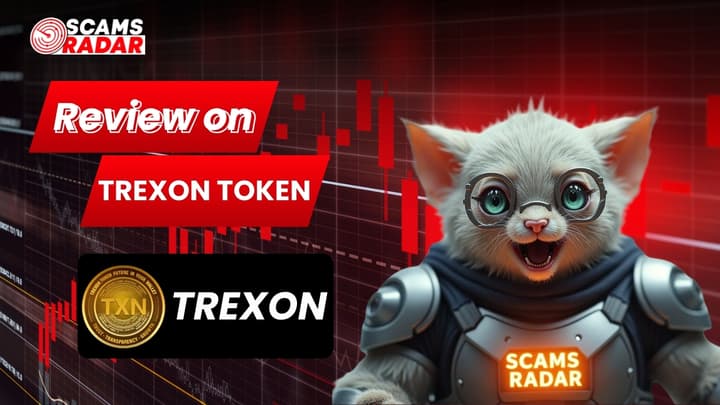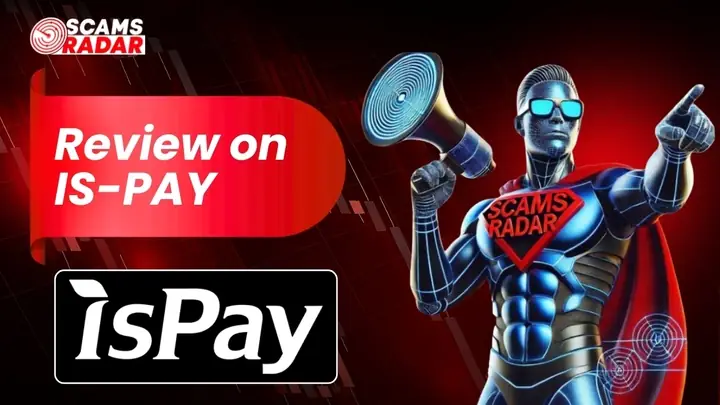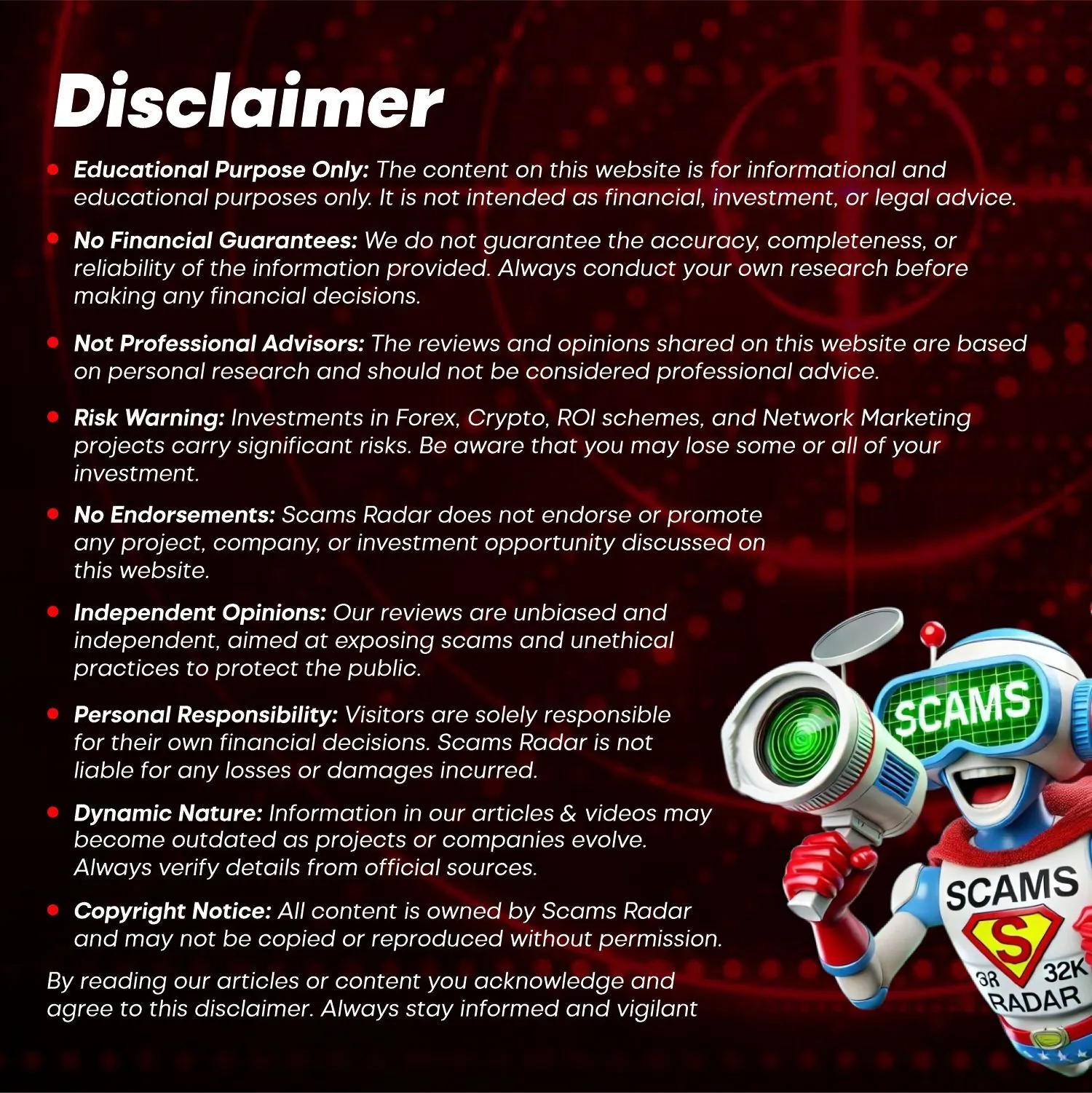A website’s trust score is a vital indicator of its credibility. DQFA.Global has triggered several red flags due to its notably low score, signaling users to exercise extreme caution.
Major concerns include minimal traffic, poor user reviews, potential phishing risks, anonymous ownership, unclear hosting details, and inadequate SSL protection.
This low trust score heightens the risk of scams, data breaches, or other malicious activities. It’s crucial to assess these warning signs carefully before interacting with DQFA.Global or similar platforms. For a full breakdown of these risks, view the ScamMinder trust report.










